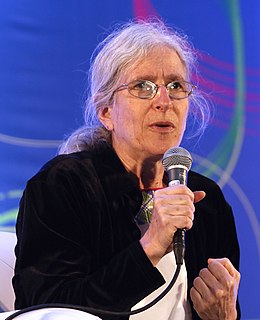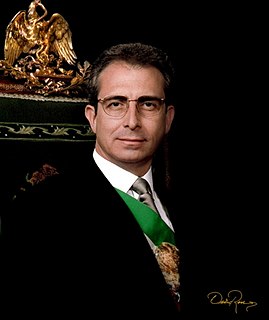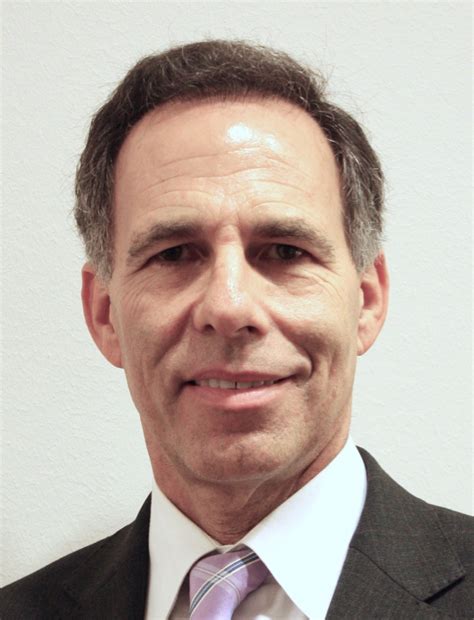A Quote by William Barr
The first Black Migration to this country was forced migration. It was the Middle Passage.
Related Quotes
I think a lot about race and the burdens of representation. There's an idea that because I'm writing a book set around the time of the Great Migration, and happen to be black, I'm trying to write a definitive account of the Great Migration, the so-called "black experience." That's not what I'm doing, and it can be frustrating.
You have a huge number of people who spend their time writing papers which show that migrants pay more to the country than they take out in benefits, and they say, "Why don't you approve of migration? Why don't you open up borders?" They're not able to empathize with how people feel about migration.
Fortunately, both governments have been in favor of studying the Mexican migration problem in greater depth. For the first time, I think, we will have something scientifically sound that says something about this phenomenon. The study is ongoing, and I hope that, with a push from both of us, it will provide a sound basis for serious public discussion on the migration issue.
Authorities that erect major obstacles to migration - or place severe restrictions on migrants' work opportunities - inflict needless economic self-harm, as they impose barriers to having their labor needs met in an orderly, legal fashion. Worse still, they unintentionally encourage illegal migration.
The issue of migration has played a key role in all of our member states, wherever we are. Only we, as a European Union, can convince our citizens that we do have an answer to this - not deny migration, not pretend you can solve it by building fences and walls, not pretending we can solve it by letting everybody in.
At the beginning of the 20th century, before the migration began, 90 percent of all African-Americans were living in the South. By the end of the Great Migration, nearly half of them were living outside the South in the great cities of the North and West. So when this migration began, you had a really small number of people who were living in the North and they were surviving as porters or domestics or preachers - some had risen to levels of professional jobs - but they were, in some ways, protected because they were so small.

































